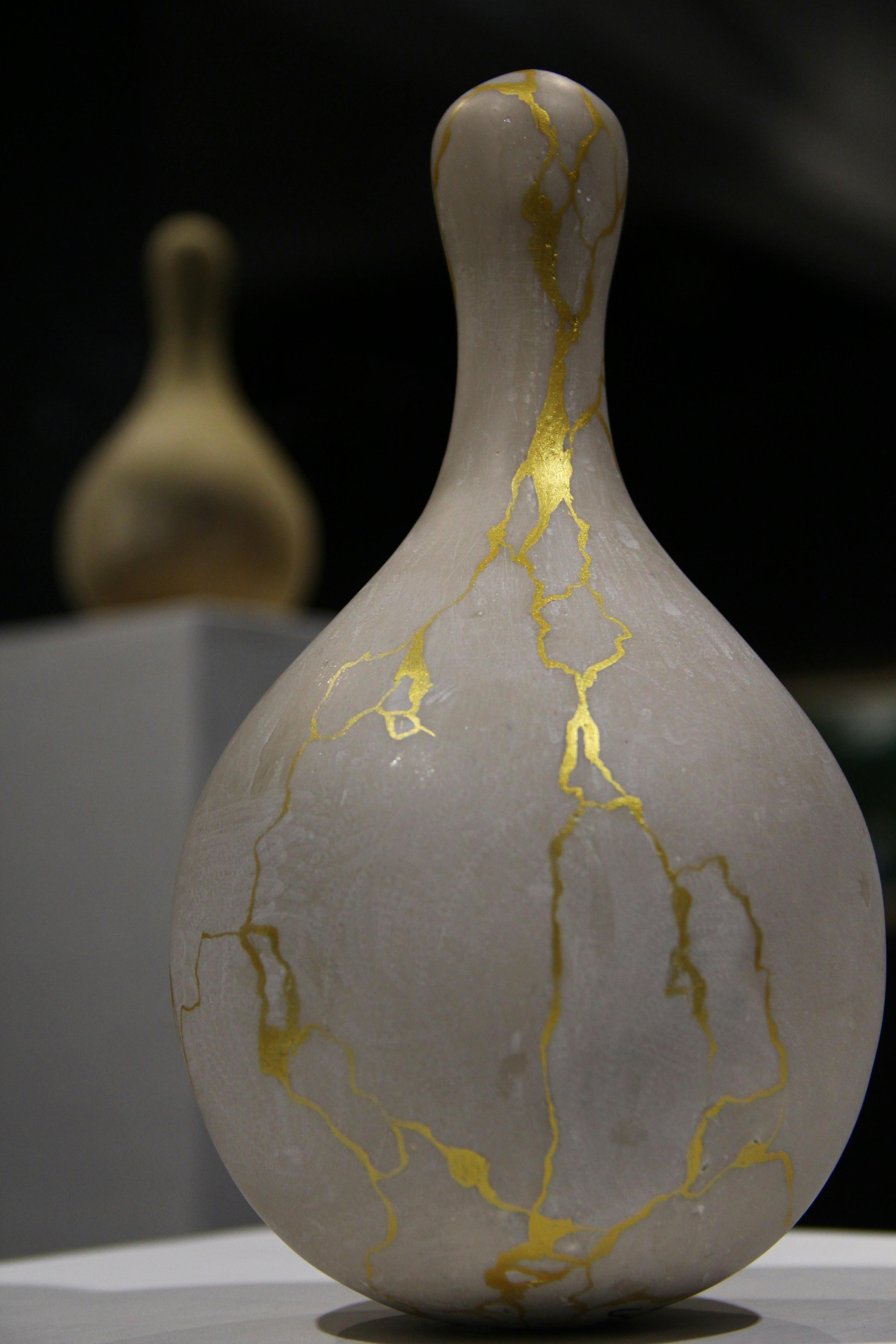Unmasking the Social Dynamics of Face Covering Norms
Crafted from various materials and bearing an array of designs, face masks have become ubiquitous symbols of our era. But beyond their role in public health, masks have become a sociological phenomenon worth examining. Read below to delve into the world of face masks from a sociological perspective.

The Historical Context of Masks
Contrary to popular belief, the use of face masks for health reasons isn’t a novel practice. Back in the 17th century, doctors attending to plague patients wore bird-like masks, filled with aromatic herbs thought to ward off the disease. In more recent history, the 1918 Spanish Flu led to widespread mask usage, much like today.
Despite these historical precedents, the COVID-19 pandemic has given masks a unique sociocultural prominence, transforming them from a health accessory into a powerful social symbol.
Masks as Social Symbols
Face masks, initially a simple tool for disease prevention, have evolved into a cultural artifact bearing various meanings. They’re no longer just about safeguarding personal health; they’ve become markers of social identity and ideological affiliation.
Some people wear masks as an expression of social responsibility and solidarity. For them, masks symbolize a collective effort to protect the community. On the other hand, those who resist mask-wearing often view it as an infringement on personal freedoms, making masks a flashpoint in larger debates about individual rights and public health.
The Mask Divide: A Reflection of Societal Trends
The polarized attitudes towards mask-wearing mirror broader societal trends. In an era characterized by political divisions and struggles over identity, the simple act of wearing a mask can signal one’s stance on a range of issues, from trust in scientific expertise to attitudes towards authority.
This polarization reflects a growing trend of politicizing health-related behaviors, which experts warn can undermine public health efforts. The mask debate is a microcosm of a larger societal trend: the intertwining of health and politics.
The Implications of the Mask Phenomenon
What does the mask phenomenon tell us about modern society? For one, it underscores the power of symbols in shaping social behaviors. The mask, a small piece of fabric, can elicit strong emotions and actions, illustrating the profound influence of symbolic meanings in guiding our actions.
Moreover, the mask debate reveals the tension between individualism and collectivism in contemporary society. It poses the question: when does the individual’s right to autonomy yield to the collective good? This tension is not new, but the pandemic has thrown it into sharp relief, making it a central sociological issue of our time.
The Future of Mask Culture
As we move forward, it’s important to understand that the social dynamics around masks will continue to evolve. They may fade into the background, becoming just another accessory in our daily lives. Or they may retain their symbolic power, serving as a reminder of the era we’re living through.
In either case, the mask phenomenon provides valuable insights into the interplay between health, politics, and identity in contemporary society. It reminds us that even the most mundane objects can become potent social symbols, reflecting and shaping our collective realities.
In conclusion, the face mask, a simple piece of fabric, has transcended its initial health-related function to become a sociocultural phenomenon that continues to shape our society in profound ways. As sociologists and cultural observers, we must continue to scrutinize these developments, extracting insights about our ever-evolving societal dynamics.




